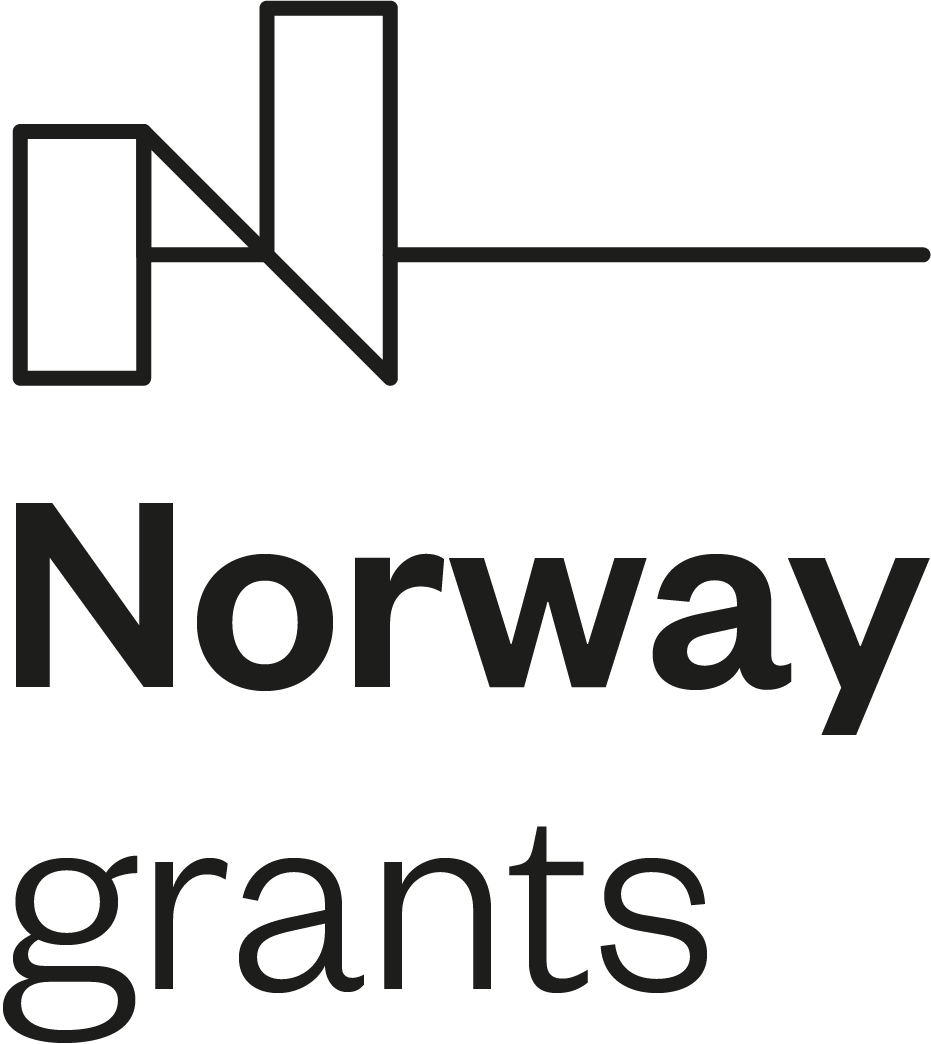Fritillaria Kurdica.Bulletin of Kurdish Studies No. 11-12
The 11th and 12th (double) issue of our bulletin is published in English and Polish languages. We present two English articles and a Polish translation of interviews taken in July 2015 with representatives of Kurdish cultural institutions in Turkey. All the articles are part of the research project.
Contents:
Marcin Rzepka
Lutherans and Kurds: historical encounters and cultural transactions. Some remarks on the history and activity of the Lutheran Orient Mission
Abstract
The Lutheran Orient Mission established in 1910 had a great impact both on the missionary perception of the Kurds (and in a broader sense on the general Western perception of this nation) and the social development of the Kurdish society in the Mahabad region. The paper presenting the history if the mission in a rather introductory form evokes for further studies of the missionary activity among the Kurds to observe and understand social, political and cultural changes occurring in Kurdistan in the 20th century.
Krzysztof Lalik
Pact of ‘Umar and the environment of early Muslim-Christian encounters
Abstract
Relations between Muslims and Christians have been very complex, multi-dimensional and diversified in history and remain suchlike till nowadays. Although today the relations can be easily discerned in western Europe, it has its roots in the Middle East since the spread of Islam begun in the Arabian Peninsula in a period of the early Middle Ages. From the very beginning Muslims encountered different religions and their adherents, mainly ‘People of the Book’, so Christians, Jews, as well as heathens, and actually in a great extent built an image of their own religion in comparison and confrontation with them and their beliefs. It was time when the most important for Islam books and documents were issued e.g. Qu’ran, hadiths, Constitution of Medina or Pact of ‘Umar. They were important not just to Muslims themselves but to non-Muslims somehow as well for they shaped mutual relations with non-Muslims subjects by introducing particular laws sanctioned by Muslim rulers. Therefore when we consider Muslim-Christian relations in history or today we can hardly ignore reality of the outset of Islam and documents issued by Muslims rulers of the time, both political and religious ones. The purpose of this essay is to present content and significance of ‘Pact of ‘Umar’ with its formidable impact on the status of ‘People of the Book’ and to investigate reasons that could stand behind announcing this law including political and social reality of the Middle East of the time.
Joanna Bocheńska, Karol Kaczorowski
Idee, ideologie, działanie. Prezentacja wywiadów z przedstawicielami kurdyjskich lewicowych i muzułmańskich instytucji kulturalnych w Kurdystanie północnym (Turcja) i Stambule
(Ideas, Ideologies, Action. Interviews with representatives of Kurdish cultural institutions of the left-wing and Muslim profile from Istanbul, Diyarbakir and Mardin)
Abstract
The paper presents four extensive interviews taken in Kurdish cultural institutions in Istanbul, Diyarbakir and Mardin in July, 2015. The interviewees represent both left-wing and Muslim organisations namely Navenda Çanda Mezopotamya (The Mesopotamia Cultural Centre/Istanbul), Sumerpark Gallery (Diyarbakir) and Nûbihar (Diyarbakir, Mardin). The interviews translated into Polish, are a part of our ongoing research on Kurdish cultural policy, institutions, ideas and values. The aim of the interviews was to study the role of both left-wing and Muslim ideology in shaping modern understanding of Kurdish culture and cultural policy. On the other hand, following Shmuel Noah Eisenstadt’s theory on multiple modernity we also concentrated on the way how Kurdish culture, difficult historical and social experience as well as multi-religious and multi-ethnic context of Kurdistan have shaped the understanding of modern ideas and ideologies. The results of the research indicate that there are numerous factors linking modern ideas with the cultural background and the past of Kurdish community. In spite of that, both leftist and Muslim organisations are deliberately escaping the label of “Kurdish”. They do not want to use it in connection with the left-wing movement or Islam. This policy is motivated not only by the leftist ideology or Islam, but first of all by reluctance to follow the Turkish pattern which, according to the respondents, led to malformation of Islam and cultural heritage of the country and also coerced assimilation of many non-Turkish inhabitants. However, this “anti-nationalistic” policy is, at the same time, very focused on preserving and developing Kurdish national heritage. The representatives of Nûbihar even stress that caring for their mother tongue and its daily use is a part of worship (îbadet). The Kurdish language plays an important role not only as a symbol of otherness and resistance but also as a repository of different meanings and values which “sounds and means differently than their Turkish equivalents”. The interviewees also highlight the importance of other non-Kurdish and non-Muslim inhabitants of Kurdistan and the voice of their cultures. In Kurdish context postulated “equality of the other cultures and languages” seems to be inscribed in leftist ideology and Islam as well as in the idea of Kurdish national diversity. The respondents pointed out many times that Kurdish culture is a puzzle itself and contains elements borrowed “from the others”. Interestingly, the cultural exchange is understood as still dynamic process linking Kurdish culture with the outside world and its modern movements. On the other hand, the respondents, although coming from different backgrounds, express their criticism over Turkish attitude toward western shape of modernity accusing it of “the unreflective imitation”. That is why the unfolding pattern of Kurdish modern culture is declared as “better considered” and “counterbalancing the impact of the East and the West”.





